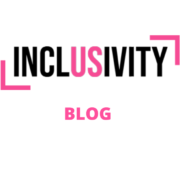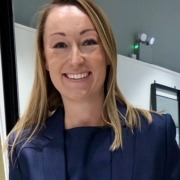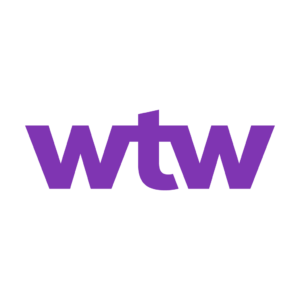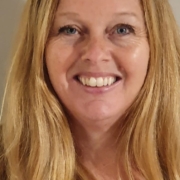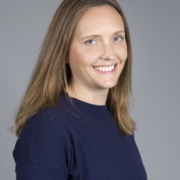Reasons for Career Breaks
Over the last seven years Returnships have increased in the UK. What originally started as a way to access more female talent, and thus increase gender diversity, is now finally recognised as a unique way to capture talent that for far too long has been over-looked by the general recruitment market. People who have taken a career break and left the workplace for different reasons.
Here at Inclusivity we’re proud that our Returnship Programmes are open to all, and as a result we’ve placed returners with a vast array of backgrounds. Yes many are returning to work after taking time out of their careers for children – but there are also many others returning for different reasons.
People move countries to support partners careers, study further in their chosen field of work, or choose to study something different, look after elderly or sick parents, take pauses in their career to focus on improving health, lose a family member and need to deal with the loss, make a career change for a while and then are keen to return to their previous profession….. there are so many reasons and we lose so much talent by having a narrow view of what a good CV should look like.
Varied career paths do not take away from these candidates’ abilities, competencies or experience and it’s important that these people are not discriminated against, because their career didn’t follow the same linear path as others.
Client Feedback on the Returnship and a Returnee post her career break
It’s always gratifying to see feedback from our clients when it comes to our returners. Especially when a hiring manager has gone out of their way to review our candidates that they may not have had the opportunity to peruse via traditional sourcing managers. Dual Group has participated in the Insurance Returners programme for 2 years and we were delighted to place Irene Tan, a qualified chartered accountant, into their finance team. Frederick Davidson, Head of Finance at DUAL Group had this to say about the experience:
“The Inclusivity’s returners programme brought us candidates whose CVs we almost certainly wouldn’t have seen otherwise. Overall, this has been a great experience and mutually beneficial. Our new team member returned to work having undertaken post-graduate studies for several years. She has brought a strong work ethic, focus and genuine interest in our company, making her an excellent addition to our team. The returners programme is a great way to bring talent back into the workplace and I would definitely recommend it to every organisation.”
Chaucer Group is another organisation participating in their 2nd Insurance Returners programme and have recently hired Jason Lilley on the programme. Jason is returning to his career in underwriting after a 10 year career hiatus from the industry. He paused his insurance career to join the police force, giving 10 years of service to his new field. After his children had gotten older, and wondering what was next, Jason was thrilled when he saw the insurance industry might be open to welcoming people back. “What stood Jason out to us was the sheer level of enthusiasm to return to an industry he had enjoyed working in. Anyone bringing that level of positivity and energy to a role has got to be an asset to a team”, said our founder Stephanie Dillon. Fortunately a hiring manager at Chaucer agreed.
Diversity and Inclusion should also include those having taken a career break
Diversity & Inclusion is on business agendas far more than it ever was before, and we see and hear about it far more, but there is still a long way to go before workplaces are fully inclusive. There needs to be an education piece around it which reaches wider than just the workplace but also society and how we redefine and label various stages of our lives. As Claire Sofield says:
“Workplaces need to concentrate on equity over equality to ensure every individual has the right resources and opportunities to achieve and develop themselves. It’s not about making separate policies or incentives; it’s about offering the same to everyone to create an equal and diverse team of people.”
Read more on this article and Claires thoughts around how we and the workplace needs to adjust to the future of work.
Claire Sofield On How We Need To Adjust To The Future Of Work (thriveglobal.com)
Ageism
This leads into another component of inclusion, one which we are passionate about and are aware is struggle for many people trying to re enter the workplace or change roles.
Age. Supposedly as we grow older we grow wiser, but then why is this a problem in trying to enter or re enter the workplace later on in life?
We couldn’t have said it better!
“In a world of ageing populations, extending working lives is widely viewed as an economic necessity. With up to four generations working alongside each other, organisations must ensure that their workplaces are inclusive, avoiding individual, interpersonal, and organisational harm.
Ageism, is a largely neglected component of the diversity, equity, and inclusion decision-making dynamic that impacts both younger and older workers if not taken into consideration alongside other dimensions of diversity.”
Age inclusion should be championed both internally and externally. We do see advertising starting to be more inclusive of older people and so we hope to see this filter into the workplace too.
Read more on this article here: CV ageism: Can you be the ‘wrong’ age for a job? – BBC Worklife





